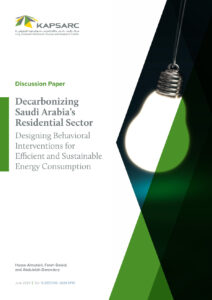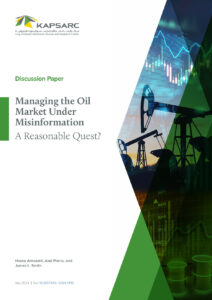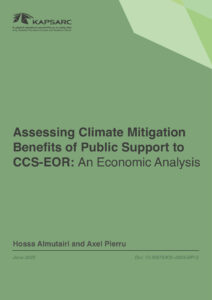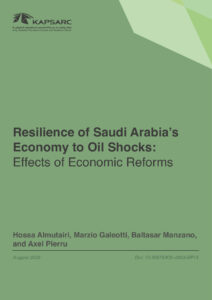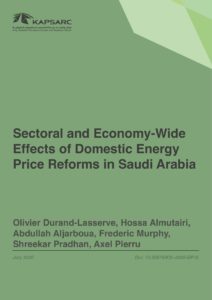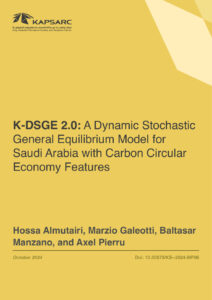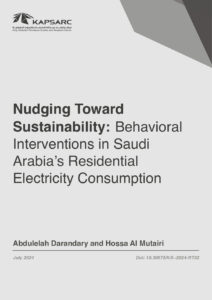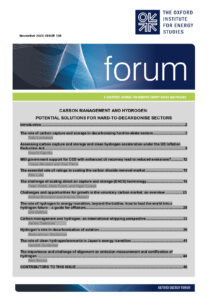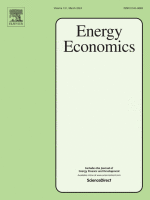Dr. Hossa Almutairi was a Principal Fellow at KAPSARC, and her research focuses on energy economics, oil markets, and climate policies. During the Saudi G20 Presidency, she served as the Sherpa of Think20 (T20), which is the research and policy advice network for the G20. Additionally, she was the lead co-chair of the T20 task force, “Sustainable Energy, Water and Food Systems.” Prior to joining KAPSARC, Dr. Almutairi was a faculty member at the University of Wilfrid Laurier, Canada. Her research contributions have been featured in several reputable journals, and she was the co-recipient of the 2023 OPEC Award for the Best Energy Research Paper.
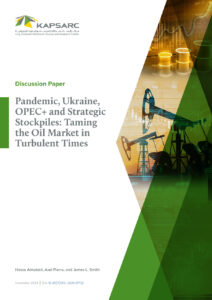
Pandemic, Ukraine, OPEC+ and Strategic Stockpiles: Taming the Oil Market in Turbulent Times
With a simple decomposition method, we estimate the monthly shifts in global oil demand and non-OPEC+ supply since 2010. We find evidence that during the January 2017 to December 2023 period, OPEC+ attempted to stabilize the price of crude oil well below the values assessed by market observers. Using a structural model of OPEC+’s behavior, we find that judgmental errors regarding the size of market shocks that OPEC+ attempted to offset significantly increased after the start of the COVID-19 pandemic due to the unprecedented nature and size of those shocks. Despite this, without OPEC+’s actions, the price volatility would have been significantly higher than actual, would have nearly doubled during the pre-pandemic period, and would have been higher by 86% during the pandemic and by 28% during the Ukraine war. Our results also suggest that measures implemented by other countries, such as coordinated releases from national stockpiles of crude oil, reduced price volatility by at least a fifth during the Ukraine war, a factor that OPEC+ appears to have factored into its production plans.
12th November 2024
